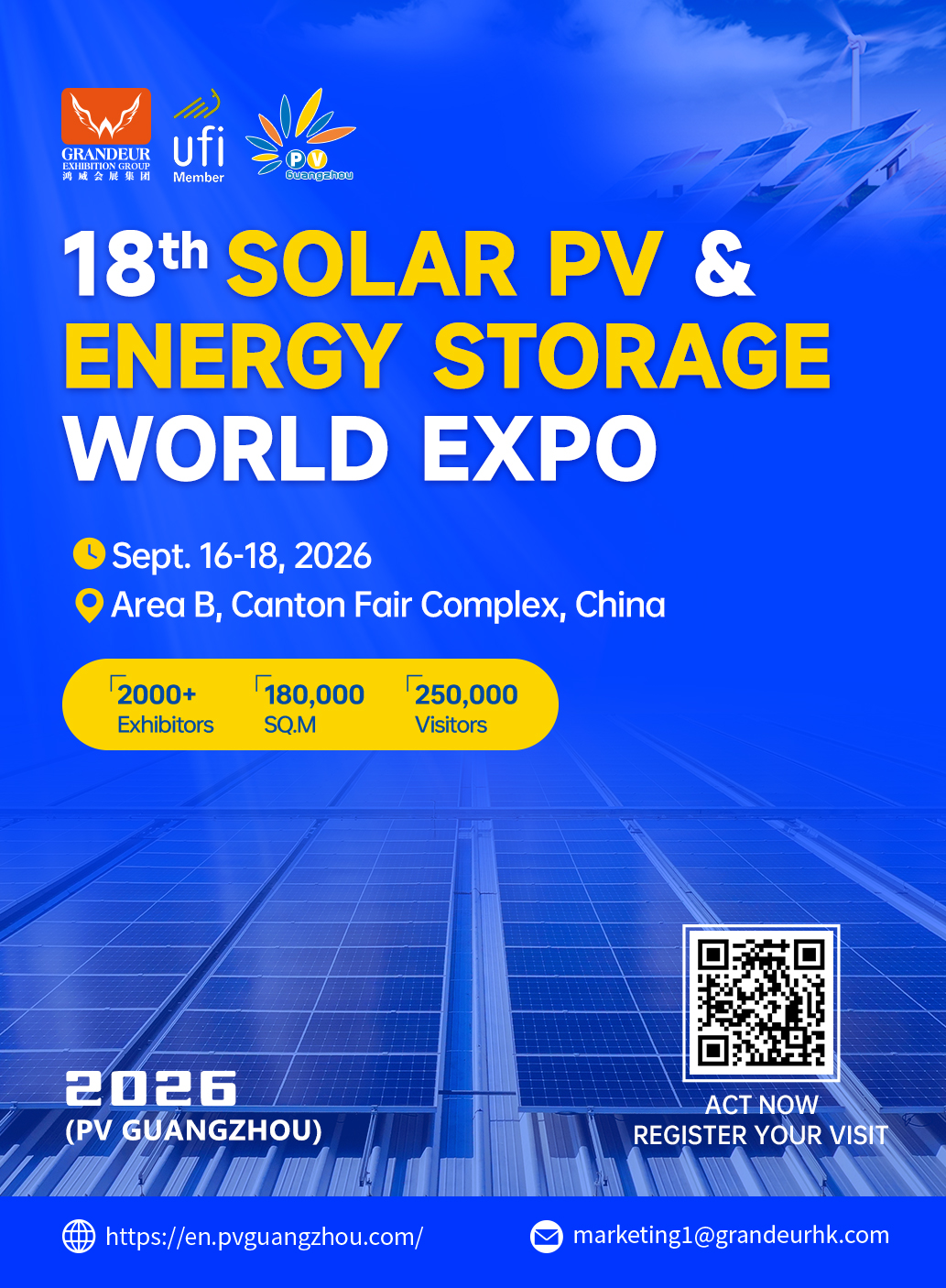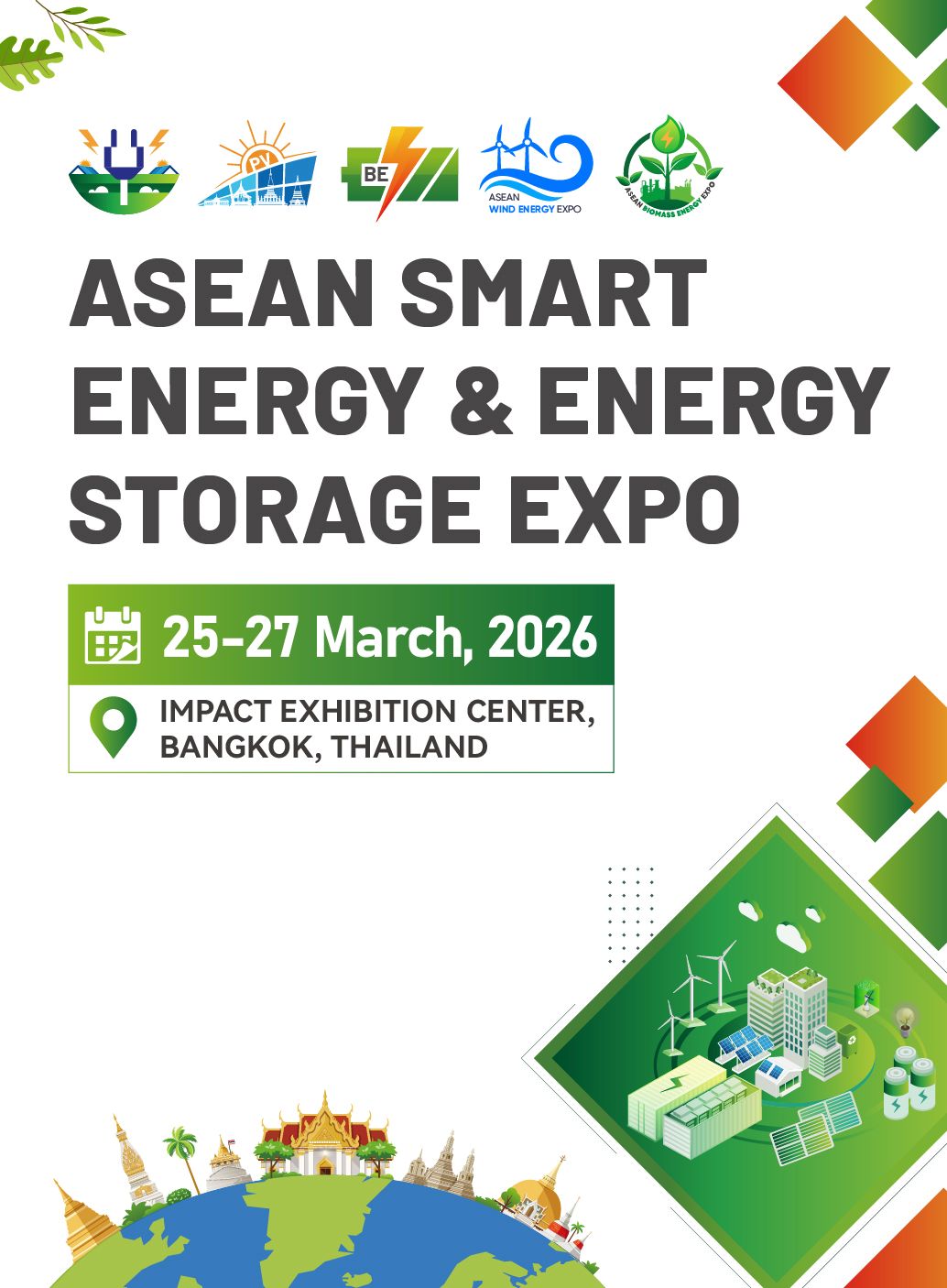Ecobiz.asia — Former President Susilo Bambang Yudhoyono (SBY) delivered a blunt assessment of the global landscape at the Indonesia Energy Transition Dialogue (IETD) 2025, Monday (Oct 6, 2025) warning that the world is entering a “G-zero” era where no nation or bloc leads collective action.
Against that backdrop, he urged Indonesia to steer its energy transition on its own terms, guided by discipline and moral clarity.
“G-zero, every country for itself, this is dangerous,” SBY said, referencing the term coined by political scientist Ian Bremmer to describe a world order with no single power willing or able to lead.
After the financial crisis, he noted, traditional superpowers such as the G7/G8 became reluctant to act as global “policeman” or “banker,” while emerging economies like BRICS have been unable or unwilling to fill the void. The result, he warned, is growing fragmentation and declining multilateralism.
“There is a decline of multilateralism and the rise of unilateralism,” SBY said. “In this world, waiting for consensus is a plan to fail.”
He called for a pragmatic operating model built on sovereignty, focus, and results hedge financial risks, prioritize assets that can actually be built, and “govern the transition like a mission, not a seminar.”
SBY also framed climate leadership as a moral issue, saying it is “not only irresponsible but also immoral” for leaders to deny or delay climate action. The challenge, he argued, is no longer about ambition but delivery.
“If progress is missed, there must be an effort to make improvements and return to the right track,” he said, a pointed reminder of Indonesia’s missed 23% renewable energy target by 2025.
He urged a pragmatic approach to energy resources. “Understand the resources we have, what is already effective and what is still potential. We want maximum impact along the way; this is a decade-scale effort.” His comments suggested focusing on proven technologies such as geothermal energy and solar-plus-storage, rather than chasing distant, headline-grabbing projects.
Citing his own decision to withdraw Indonesia from OPEC when the country became a net oil importer, SBY said policy must follow facts. “Staying was the wrong mindset,” he recalled. That pragmatism, he implied, is what Indonesia’s energy transition needs today.
“The ideas are already there,” he concluded. “What we lack is implementation on the ground.” For him, responsibility lies squarely with government and political leaders to deliver, cutting through bureaucracy, accelerating permits, and sequencing grid investments ahead of new capacity.
“Indonesia must be part of the solution, God willing, a model,” SBY said. Becoming a model, he added, does not require breakthroughs but reliability projects that work, even amid currency swings, supply hiccups, and donor delays. ***





